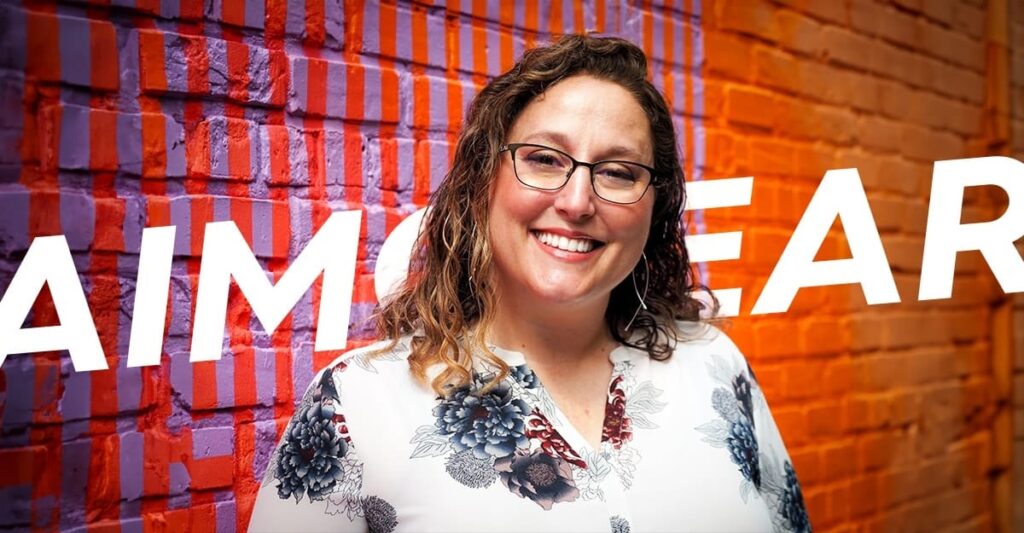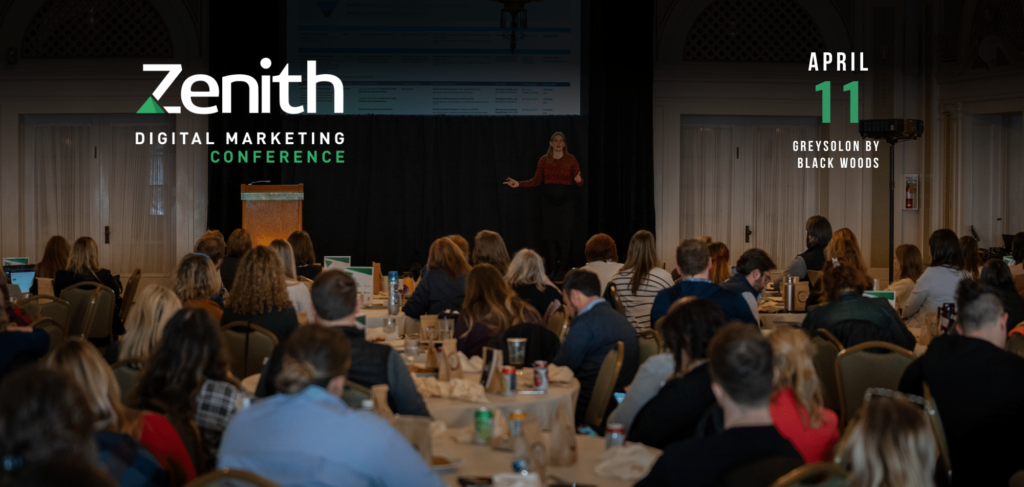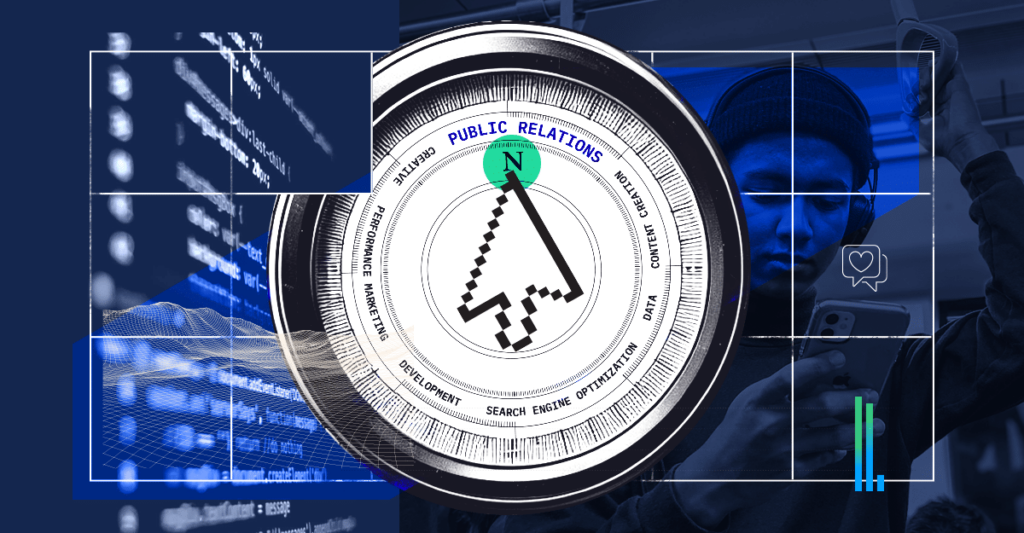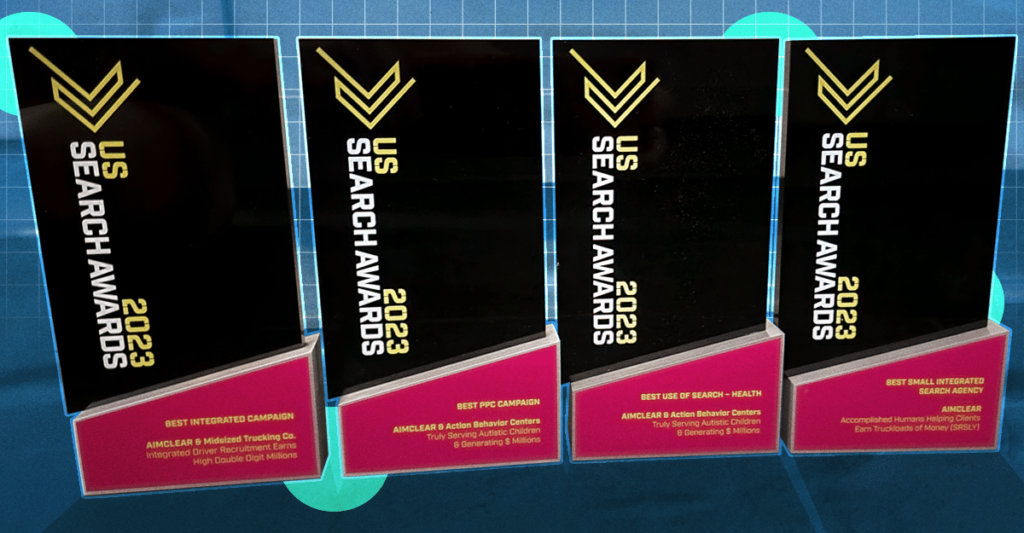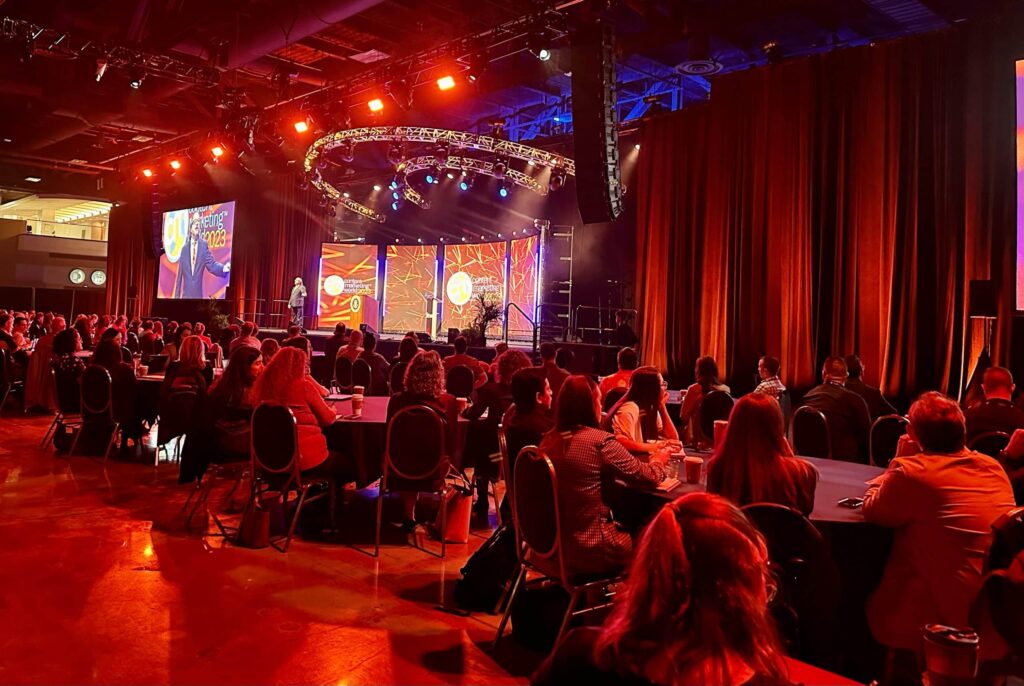Many businesses rooted in English speaking North America, Australia, New Zealand, and the United Kingdom have asked the crucial question: “Can we scale our business successfully to other languages and territories?” For many products and companies the answer is a resounding, “YES!” For others, there are substantial barriers ranging from cultural disconnect, keyword translation confusion, even unstable agencies.
Still, there is much international expansion allure to attract savvy marketers. European, Latin American, and APAC online marketplaces offer rich incentives to scale products from the United States to the rest of the world. Certainly, terrific opportunities exist for the right combination of products + supply chain infrastructure + financial capabilities, along with an open-minded willingness to climb inside the heads and hearts of native users.
Vetting a multilingual, multinational agency to advise and grow your company’s international expansion involves asking question with a unique fact set. Here are some top agency-qualifying questions to put to those who propose to be your business’ next international partner. We’ve set the post up like so: Bold questions are what you ask the potential agency partner, followed by explanations of why to ask, and supplementary Qs to pose.
Q: What are your processes and human resources for mapping keywords from one language to another?
“Intent” keywords don’t always translate from one language to another. Sometimes, there are six permutations in the destination language, each with a different and/or subtle flavor. Other times, there simply is no literal translation.
It’s most important that the team assigned to exercise adaptation of your campaign has one or more a native speaker on call. The agency’s account rep must understand the nuances of international translation and support and educate you in the process. It’s key that your agency partner understands that the three most important steps in the translation process are research, human resources, and more research. Does the agency take into account cultural differences in migrating creative assets from one language to another?
Q: How many languages do you map to?
 There are 36 languages we’ve identified as the most important on earth to marketers. Does your prospective agency partner truly offer international services, from Japanese to Hungarian, Russian to Spanish? What about Vietnamese, Czech, Mandarin, or Indonesian Can this proposed partner really take your link building local in Slovakia, Korea, and Tunisia?
Does the agency’s marketing really drive PR, video, and podcast content out to western and Eastern Europe, Asia in any language reasonably imaginable? Does the agency have deep pay per click and sponsored listings history to market on Baidu, Seznam, Yandex, Voila, Netsprint, and (of course) Google? Anyway, just keep in mind that truly multinational/multilingual means an ability to go anywhere and accomplish any channel tactic available today.
Q: Do you monitor international reputation in the “station model”? Do you have truly dedicated multilingual resources for international reputation monitoring? Do you pre-filter listening queries?
Real multinational multilingual reputation monitoring starts with previewing the results. Otherwise marketers don’t know the speed of the feed until a) multi channel alerts SCREAM past faster than they can absorb them or b) they don’t know what they’ve missed until they hear it from someone else (or never hear it). What tools does your prospective agency partner use to study historic chatter? How good is the data?
We use tools that look at forensic buzz, millions of keywords in every mainstream search and social channel. The same standard should be held for prospective international agencies. A great agency offers the ability to leverage your in-country people by cutting up listening queries by “station,” like the CIA. For example, France monitors chatter in French everywhere in the news, in every vertical. Mexico monitors Spanish speaking news globally and Spain covers Spanish social, search, and regional search engines. All of this is delivered by RSS feeds, which can be parsed and trigger alerts by simple and complex business rules. Buzz objects are archived in personal and corporate listening dashboards. THIS is multinational multilingual reputation monitoring.
Q: Who at your agency is an international thought leader? What are their areas of expertise? What training do you offer?
Talk is cheap. My question is always: “Who, on board, trains others?” Does the agency employe a ClickZ trainer? Does it have conference keynoters, published authors, knowledgeable bloggers, and so on? What do other authority players have to say about the prospective agency partner and the people who work there?
Do deep offshore partners run major conferences and have major clients? Do the U.S. agency thought leaders have the kind of relationships all over the world to get things done? The agency you hire to handle international matters needs to be one of the most connected and respected online marketing agencies in the world. Period.
Q: How are you set up financially? Is the setup stable? What systems are in place to ensure liquidity of cached media spend dollars?
When 2013 rolled around, it was pretty obvious that a talent correction was underfoot . The cheese has moved and some agencies will go away.  The best way to stay current and safe is to be an actual futurist. Building an image for an agency is a lot different than doing the hard work, creating a solid business structure, and hiring the right people. Choose an agency that walks the walk, not talks the talk.
Look for a media buy (PPC, SEM, audience modeling, etc.) that runs daily reports internally and for sample reports. Ask for references of clients for which the agency has handled money. Ask questions about how smooth it was getting money back at the engagement’s end.
Q: What clients are you proud of, and why?
I always ask this question of new employees, substituting the word “clients” with “projects.” One of my favorite projects was handling translation for a truly iconic U.S. brand into five languages, bringing all the marketers to the States to train, and cutting up reputation monitoring feeds in numerous locations and languages. Ask your prospective agency partner what he or she is proud of. Watch for facial tells—are they genuinely passionate or an international carpetbagger?
Q: What failure hurt you the most, and why?
Test asking agency folks what they were most embarrassed by. Watch and listen. Ask them to tell you about a time they’ve invested a lot of client resources for something that just didn’t work. We’re willing to tell prospective clients where our team has come up short, why, what we learned, and how we fixed it.
Q: Who are your international partners, if any? What processes are in place for 24-hour coverage, U.S. intake, and onboarding?
Intake can be challenging for U.S. marketers sitting next to each other speaking English! Handling the process across time zones, language or translation barriers, and other obstacles takes corporate structure. Ask how the agency takes orders in London from an account manager in New York and DC. What procedures are in place? How often do meetings happen for intake and onboarding? Who’s present? THESE are crucial questions. It is most important to find out the workflow!
Q: How do you map multicultural social (psychographic) targeting?
Social targeting is a fantastic animal. Obviously, social interests like those in Facebook Ads targeting scale along cultural lines. Certainly, a country with a fanatical religious population would respond differently than folks in Boulder, Colorado or Christ Church, New Zealand. This again relates to why we want our research and production to be conducted by true locals. Ask your prospective agency partner if they really understand what it means to be culturally sensitive in (at least) 36 languages.
Q: Do you understand international retargeting networks, including mobile?
Big data is here and international is trailing behind. The good news is that tools in most countries are pretty cool and are going to get better. Any firm marketing overseas needs to be constantly researching third party data and networks to target ads in. Watch for the rest of the world to catch up with the U.S. in the next two years. If your prospective agency partner does not lead the big data conversation in the U.S. now, they don’t have a clue what will be happening everywhere else next year.
Q: Are you fluent and fluid in local SEO challenges from country to country? What about the technical mechanics of SEO?
Does your prospective agency partner understand what ranks for what, where? Do they know what social communities index prominently in what search engines in what country? Make them show you trended ranking reports that demonstrate the nature of what improvements to what keywords resulted in which sales. Ask them to show you non-brand category traffic in six countries and return on investment, country by country. Make them prove to you that they really understand technical, semantic, and social SEO everywhere your brand needs to be.
All In All…
Expanding your business into foreign languages is a fascinating process that is not for the faint of heart. Choosing an international search and social agency is challenging because it’s hard to know the questions to ask. Hedge your bet by making the interview process pay and getting to the heart of the matter.
Images © sfmthd, © Subbotina Anna, © Paul Liu, © anshar73, © chungking,© marcos81 Fotolia






